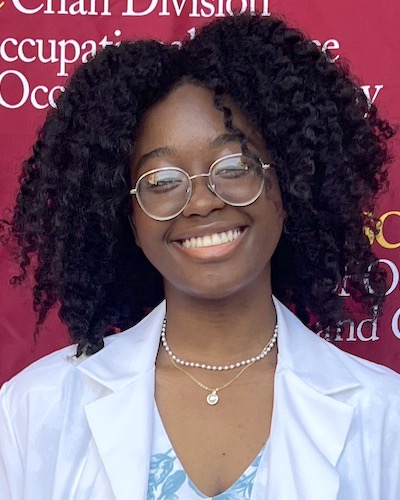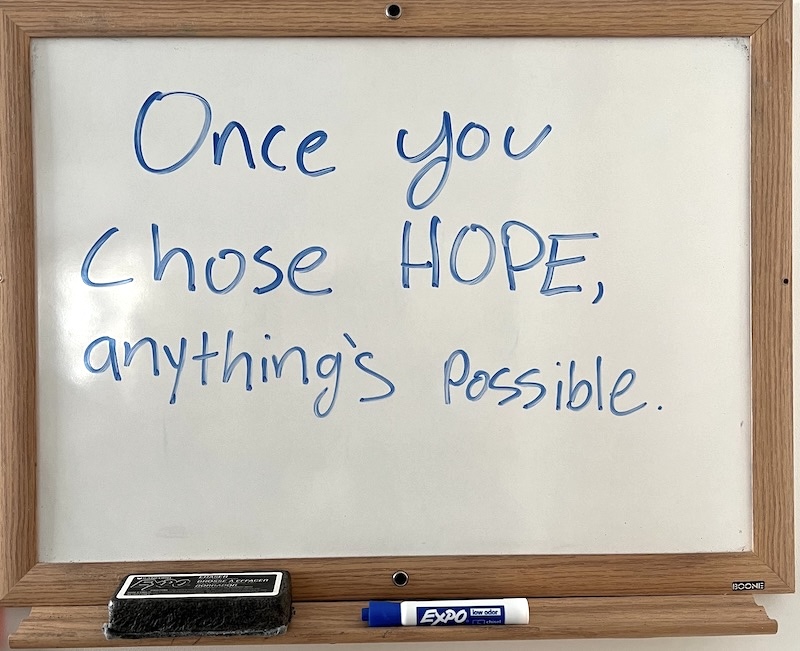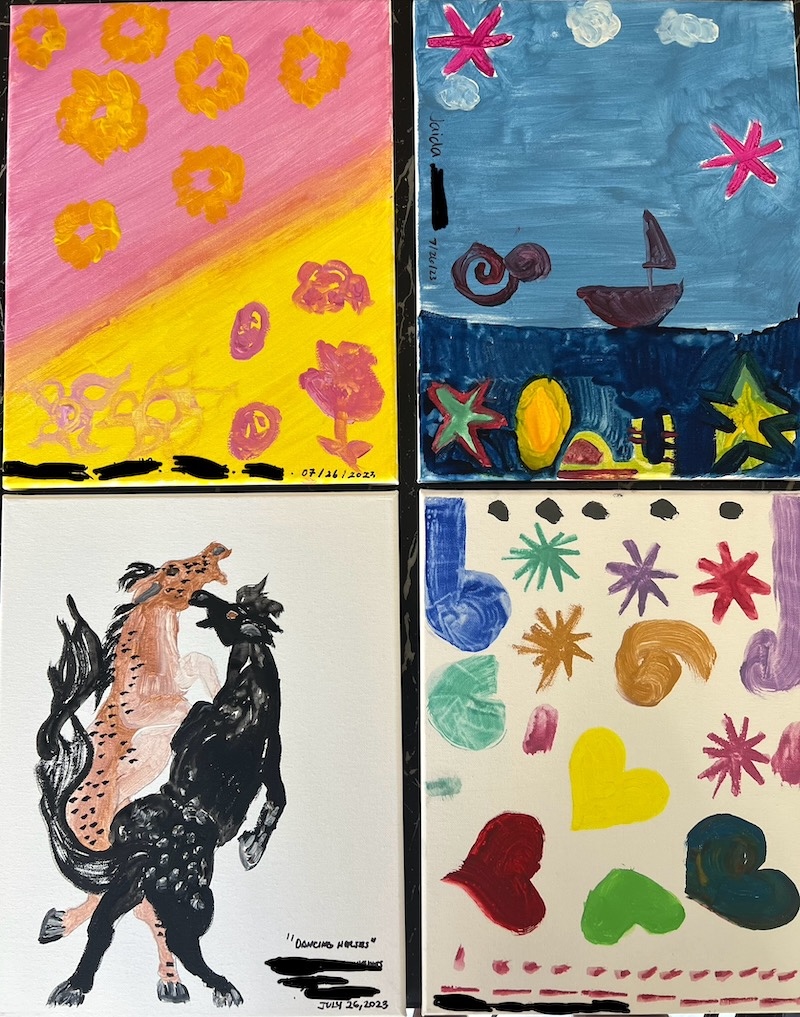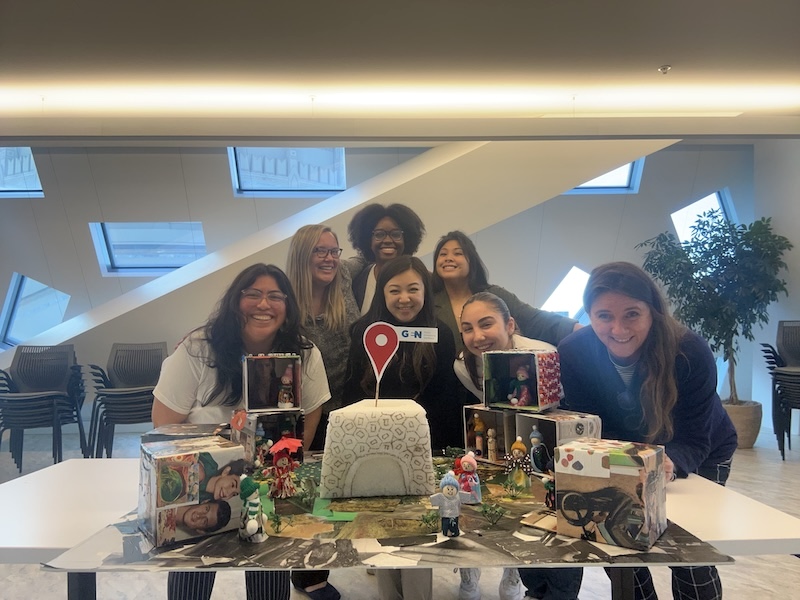To Fieldwork, Thanks for Everything!

April 19, 2024
by Jaida
Fieldwork. It can be the best of times, it can be the worst of times. No two experiences are the same which can be both a blessing and a curse. A little bit before this time last year, I was starting off my first fieldwork experience at an inpatient acute hospital — talk about being nervous! The fact that any moves I made with the patient directly affected their wellbeing had me shaking in my boots! If I could go back in time, I would tell myself, “You’ve got this!”
Here’s what each of my fieldwork experiences has taught me and some takeaways that I hope can be helpful for you:
- Adult Rehab: Being in a fast paced environment can be nerve-wracking, so don’t forget to relax and enjoy the experience! Rely on your Fieldwork Educator to help build your clinical reasoning skills. They are a resource so use them! You’ll also have numerous resources from class and lab time, as well as your instructors, to help facilitate your success. While a level I fieldwork is more observation based, you are able to ask your educator questions to deepen your understanding about certain diagnoses. For example, if there’s a certain condition you learned in class that you’re wanting to know more about, your Fieldwork Educator can give you great insight as to how they have navigated it from their experiences.
- Mental Health: They just want to be treated like people, so don’t see them for what condition they have, but rather the potential of who they can become. Building rapport is key so if you’re a people person, this is your time to shine! Being in this setting can allow you to work on those interpersonal skills. Your classes at USC will teach you how to use your own therapeutic use of self, so feel free to ask your instructors how to help develop this skill more.
- Pediatrics: FUNctional treatments are key! This means that majority of the sessions will look like the therapist is playing with the child, when they are actually working on certain skills to work on developmental milestones. Even though they are a child, they also deserve some autonomy when it comes to figuring out what activities they want to do during their session. It’s not the end of the world if a child gets upset during sessions; if anything, this now gives you a sense of their likes/dislikes and how to problem-solve going forward.
- Geriatrics: Leave the ageism behind! Older adults can teach you so much about life. Don’t be afraid to ask questions about their lives; you never know what interesting things they’ll tell you. In doing so, you might also be able to provide insight on what activities the patients like to do. Continue to think outside the box and explore new avenues for engaging in treatment.

Loved reading the messages displayed on the whiteboard while at an inpatient acute setting; always brightened my day!

Had so much fun doing collaborative paintings with the residents on my last day at a board and care setting

Working with these amazing people has allowed me to understand what true productive aging looks like with the members that come have fun here!
I am so grateful for all of the interactions I’ve had and lessons I’ve learned from each of my Level I fieldwork sites. Remember to engage in self-care as you go through your different immersions and give yourself some grace. Cheers to Level I and on to Level II!
⋯
Next by tag Fieldwork ⟩
⋯





